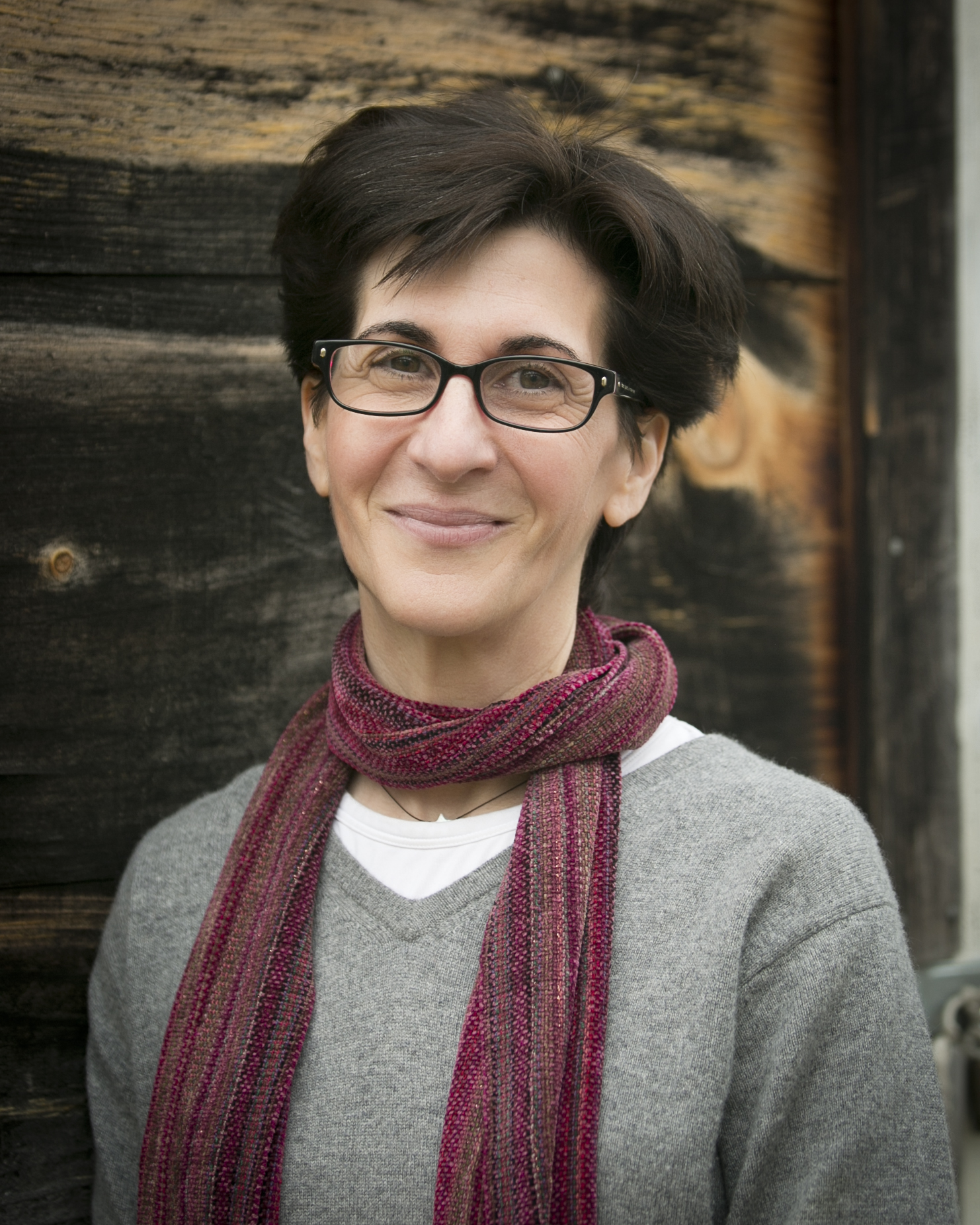Exploring the Dry Gables Series – “Introduction Part Two: The Builders of Bon Homme”
This is the second tutorial in our new Sparkle Schoolhouse Series!
This tutorial accompanies the “Dry Gables” Audio Book, specifically the second story in the Audio Book, “Introduction Part Two: The Builders of Bon Homme.”
Every tutorial uses the characters in the stories as tools to help you better understand your children, and trust your instincts as a parent.
First there’s a video — introducing Meredith, the Sparkle Schoolhouse Educator, along with the Schoolhouse Series. She’ll be unpacking the second story in the Audio Book.
And below the video there is a blog post with a concise review of the video material, plus things you can do to put these ideas to work in your own home!
Enjoy!
Greetings, Sparklers!
In my first video, I gave you a window into what the Bauers, Herz family or Denkens might be looking for when we are still and when we consider what our children’s words, actions, emotions and behaviors are really telling us.
Bauers are saying:
“I need more autonomy and control.”
Just how do the members of our Bauer Family seek the autonomy and control that they need?
Great Uncle Johann (JB’s great uncle and our Blacksmith) finds his autonomy by defending those he loves and what he believes in.
His sister Marta (our Baker) finds her autonomy by keeping peace in the community.
Wilhelm (JB’s father and our carpenter) wanted a say in controlling the rules. He felt they needed reform.
A Bauer does not want to be controlled by others or by their environment.
The primary is expression that we might find in their words, actions, emotions and behaviors is: “Do not interfere with my boundaries.”
The emotion that often underlies their motivations or that they are avoiding feeling is Anger.
I find that if a child is angry or frustrated, he/she is telling me that what they need is to feel more control of the situation and that they want more choice. So, I might offer them some limited, guided choice while still giving the child the comfort that I still know what’s in his/her best interest. In these instances, I let the child know that he/she does have a voice in how we are going to get there together.
Here’s what you can do:
*As you observe your child’s actions, emotions and words, be thinking if what he/she is really asking for is some choice and autonomy. If so, perhaps you can try giving your child some limited and guided choice to see if that helps to satisfy any tension you might feel with them.
*Pay attention to and make room for their anger and frustration.
*And please, please, please, remember to trust yourself and your instincts in guiding your children!
*Instead of wondering what needs to change or be fixed, ask rather, “What is my child showing me that she needs more of, and how can I do my best to give that to her?”
That’s my secret as a parent and in the classroom. I look at my students’ behavior, words and body language, and out of that, I try to zone in on what I think the child is calling out for. Then I trust and listen to myself and ask how I can most sincerely and authentically respond.
It works!
About the authors
-

Meredith Markow
Sparkle Schoolhouse Head of SchoolMeredith has been working with adults and children of all ages for the past 25 years as a Waldorf Teacher and Educational Consultant. She received a B.A. with a focus on child development and child psychology from the University of Michigan, in 1984, an M.A. Ed from Washington University in 1987, and her Waldorf Teaching Certificate from the Lehrerausbildung (Teacher Training) in Nurnberg, Germany in 1989. She was certified as a Living Inquiries Facilitator in 2014, and she completed her formal teaching certification with The Enneagram Institute in 2014. Her work in the classroom and with individuals and groups is designed to help people of all ages to drop self-limiting beliefs to live a more joyful and compassionate life.


